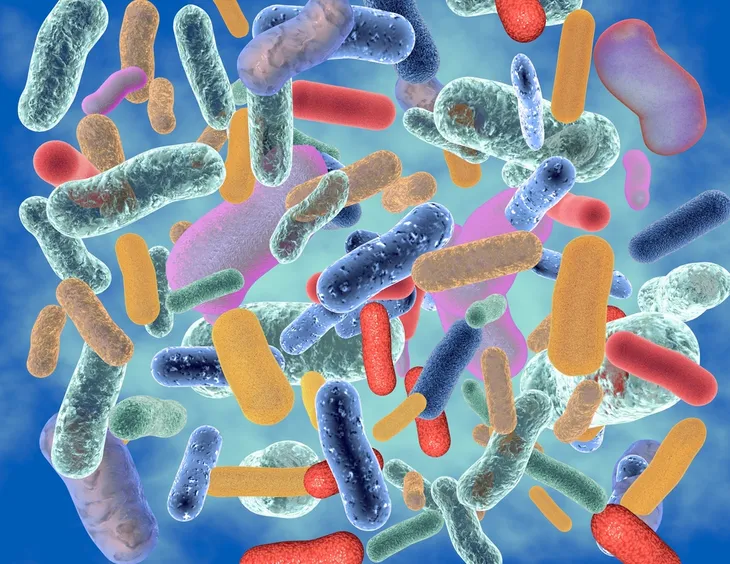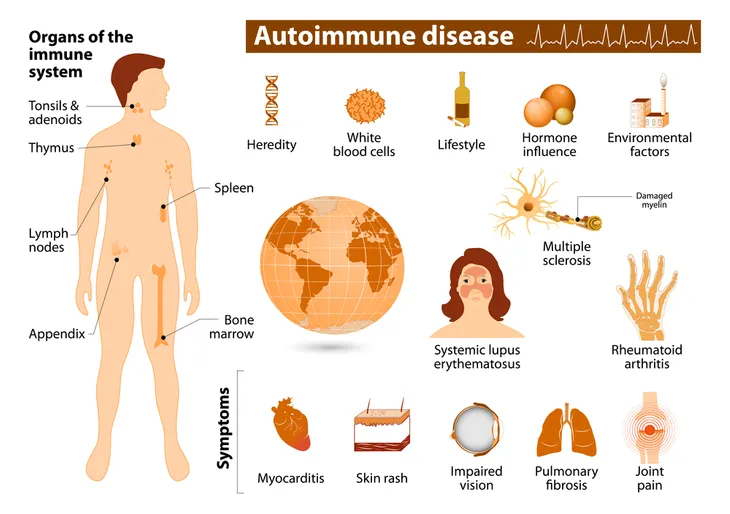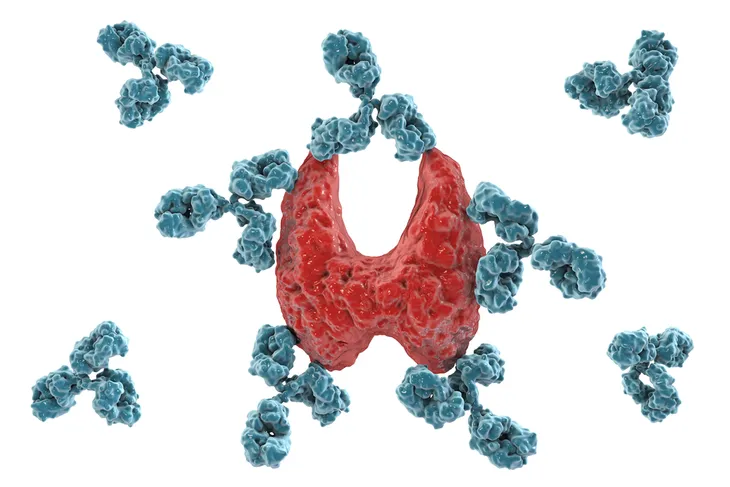Better known as muscle pain, myalgia is a kind of musculoskeletal discomfort that affects almost everyone at some point throughout his or her life. Most commonly, it occurs due to tension, injury or overuse.
Those aren’t the only explanations for myalgia, however. The Mayo Clinic says that systemic muscle pain (pain throughout the whole body) “is more often the result of an infection, an illness or a side effect of a medication.” The following are six possible reasons you may be experiencing myalgia.
Fibromyalgia
As is implied by its name, muscle pain is a hallmark symptom of fibromyalgia. The “fibro” part of the word refers to the fibrous tissues, where the pain occurs—such as in the joints, muscles and ligaments.
For those who suffer from this condition, muscle pain is widespread throughout the body and is often described as a persistent, dull ache. Other symptoms of fibromyalgia can include issues sleeping, anxiety and fatigue.
Infections
Myalgia is commonly experienced when the body is suffering from a bacterial infection (such as strep throat, an ear infection, or a urinary tract infection) or viral infection (like influenza, bronchitis or HIV/AIDS).
Such infections can cause inflammation in the muscles, known as myositis. According to WebMD, this inflammation occurs because “viruses or bacteria may invade muscle tissue directly, or release substances that damage muscle fibers.”
Autoimmune Disorders
It’s very common for those with autoimmune disorders—such as lupus, multiple sclerosis, and rheumatoid arthritis—to experience muscle pain (myalgia) or inflammation (myositis).
With such conditions, the body’s immune system attacks itself and the body’s healthy tissues, causing the muscles and joints to become inflamed, ultimately leading to swelling and pain.
Certain Medications or Drugs
Certain medications or drugs, particularly those used to treat high cholesterol (known as statins), can cause muscle pain. This side effect is more common in women than men, and can make simple tasks such as walking or climbing stairs far more laborious and exhausting. Although it is not entirely known why this side effect occurs, one theory is that statins “may affect a protein in muscle cells, which decreases muscle growth,” says Healthline.
Another theory is that statin decreases the body’s production of coenzyme Q10, which provides the body with energy. Whatever the cause, should you experience muscle pain while taking statins, it’s important to speak to your physician about potential alternatives to this medication.
Hypothyroidism
When a person has an underactive thyroid (hypothyroidism), muscle pain is a common symptom. It often occurs due to fluid retention, which can cause the muscle to swell and potentially press on the nerves.
General muscle pain, such as cramps and stiffness, is common—particularly in the shoulder and hips. As is arthropathy (joint pain, achiness and stiffness), carpal tunnel syndrome, and joint swelling in the hands and feet.
Hypokalemia
Hypokalemia is a condition in which a person has lower than normal potassium levels in their blood. Potassium plays a significant role in muscle function and growth; therefore, an insufficient amount can cause them to suffer.
According to LiveStrong, symptoms of hypokalemia include “muscle pain, cramping, fatigue and general weakness of the muscles.” WebMD adds that, in severe cases, “muscle weakness can lead to paralysis and possibly respiratory failure.”









